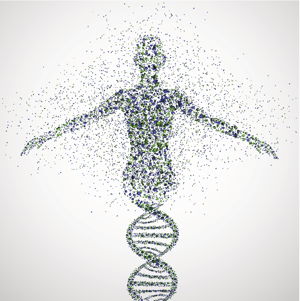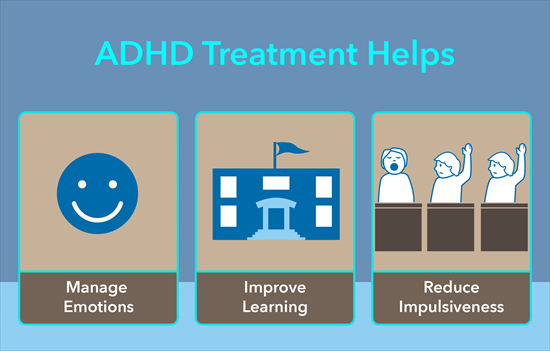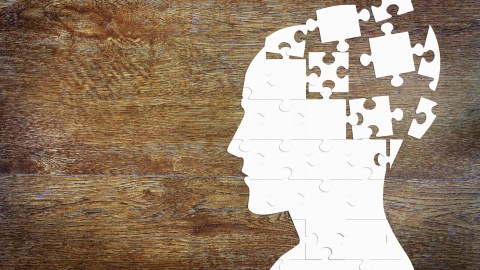There has been a lot of growing research on Attention Deficit Hyperactivity Disorder (ADHD). Most of them analyze the various causes of this neurological disorder. Yet researchers are unable to zero in on a particular cause and clearly explain the symptoms of the disease. But, they have been able to pull up some information from the studies to answer a question: ‘Is ADHD hereditary?’
All the research is significantly contributing to the efficient ADHD treatment in Chennai. The medical world has found out that there is a strong connection between genetics and ADHD. However, there is still a doubt on whether some of those genes need environmental triggers to activate the passing of ADHD through genetics. Let us now understand whether ADHD is hereditary.
Will ADHD pass through genes?
A kids brain trainer suggests that a gene that is part of the dopamine creation process can be traced back to the symptoms of ADHD. As far as the current research goes, ADHD can be passed from a parent to a child. Almost 1/3rd of fathers diagnosed with ADHD pass on to their children. Having said that, there are also cases where ADHD was not identified even though it was present in the lineage.
The impact of genetics on ADHD is being studied across the world. A lot of importance is put on the results from these studies. When the role of genes in this disorder is known, it makes the diagnosis and treatment more productive. With what is discovered, ADHD treatment is working to an extent. At present, the goal is to improve the focus through concentration exercises for students.
Modes of transmission
Now we know that genes and family history play a role in ADHD. Let us now understand the modes through which this disorder can be transmitted.
Close-Relation
If a child has ADHD, he is most likely to have acquired it from any one of his close relatives.
Identical Twins
Twins are alike in everything that they do. They share a lot and unfortunately, if anyone develops ADHD symptoms, the other twin is also at risk of getting this disorder. A research study in Australia pointed out that twins have a high chance of having this disorder than singletons.
Thinner brain tissues
Brain scans and imaging showed significant changes in the structure of the normal brain and ADHD-affected one. Doctors identified that the brain tissue was relatively thin than that of a normal person. These tissues predominantly handled attention and therefore, it took form as one of the symptoms of ADHD. It is the reason why various memory improvement techniques are used to strengthen this part of the brain.
Missing DNA
Since the research in ADHD has transitioned to a granular level, scientists have discovered the significant role of genetics. As more studies begin to emerge, understanding the influence of genes becomes vital to lay the foundation for advanced treatment procedures.
In one of the studies done way back in 2010, the scientists found out that there were sections in the DNA that were either a copy of the original or had gone missing. This missing segments in the DNA have contributed to schizophrenia and autism.
For any expert opinion and assistance with ADHD, get in touch with Sugsar. We improve the core abilities like language comprehension and reading at our English coaching centre in Chennai



